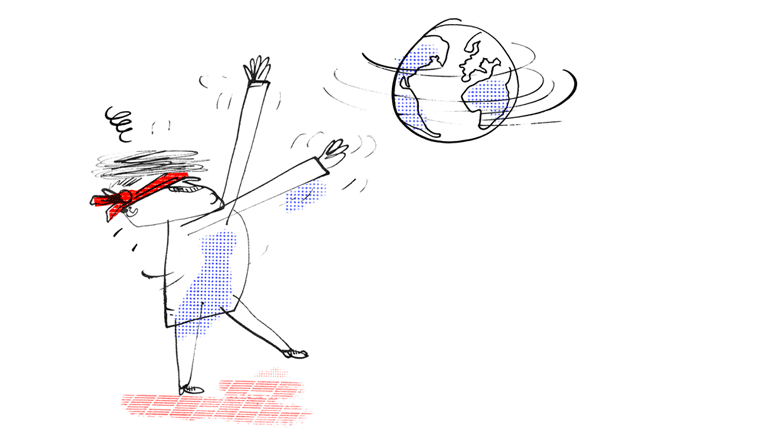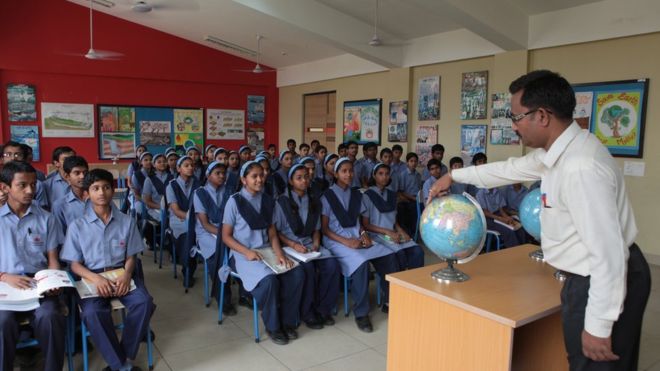

For most of this campaign, Donald Trump’s admiration for Vladimir Putin, the Russian president, and his willingness to act as a Kremlin apologist on issues ranging from Syria to the computer hacking of individuals and political parties have been sources of bafflement and dismay. Mr. Trump’s alarming performance at Sunday night’s debate deepened these concerns.
Mr. Trump again denied that the Russians were doing anything to manipulate the presidential election despite powerful evidence to the contrary. And he again laid bare his cockamamie and uninformed view of the bloody civil war in Syria and his refusal to acknowledge Russia’s role in making it worse.
Mr. Trump has no foreign policy experience. He has, however, received two briefings from American intelligence agencies that should have alerted him to the challenges facing the next president but apparently have not. All of which raises unsettling questions about whether the Republican nominee for the most powerful job in the world is Mr. Putin’s poodle, stubbornly naïve, totally clueless or, as some have ominously suggested, protecting undisclosed business interests in Russia.
Though allegations about Russian interference in the election have circulated for some time, the Obama administration on Friday formally accused Russia of stealing and disclosing emails from the Democratic National Committee and other institutions. When Hillary Clinton raised this, Mr. Trump came to Russia’s defense: “Maybe there is no hacking. But they always blame Russia. And the reason they blame Russia because they think they’re trying to tarnish me with Russia. I know nothing about Russia.”
“To profess not to know at this point is willful misrepresentation,” one senior United States official told NBC News. Presidents can choose to disregard an intelligence finding, but at this point, why would Mr. Trump feel he has better information or analytical ability than a “high confidence” conclusion by the country’s intelligence professionals? Why would he not want to acknowledge a threat and address it?
It is similarly unacceptable that Mr. Trump refuses to accept Russia’s role in backing Syria’s brutal dictator, Bashar al-Assad, and to condemn the bombings that have killed thousands of civilians in Aleppo and elsewhere. Instead, he ignored the civil war and effectively praised not just Russia but also Mr. Assad and Iran for “killing ISIS,” the Islamic State. Russia, Iran and the Assad forces are, in fact, largely focused on destroying the Syrian rebels opposed to Mr. Assad.
Various dark theories are circulating among experts about why Mr. Trump is so enamored of Mr. Putin, a dictator who has crushed dissent at home and is fixated on expanding his influence abroad. One theory, denied by Mr. Trump and impossible to confirm or rule out because he refuses to release his taxes, is that he has business interests in Russia that he wants to protect or develop in the future.
Mrs. Clinton has charged that Mr. Putin is trying to throw the election to her opponent because she is too tough on the Kremlin. Andrei Kozyrev, a former Russian foreign minister, told The Times: “I’m sure Putin is trying — and more successfully than many think — to manipulate both the process and one of the candidates. He realizes that Trump will trample American democracy and damage if not destroy America as a pillar of stability and major force able to contain him.”
In the end, it may not matter whether Mr. Trump is being manipulated by Mr. Putin or naïvely accepting Mr. Putin’s twisted views. What does matter is that with each new bizarre utterance he provides further proof of his inability to evaluate credible information and, more broadly, his lack of fitness to further his country’s best interests.
[Source:-The New Yourk Times]





